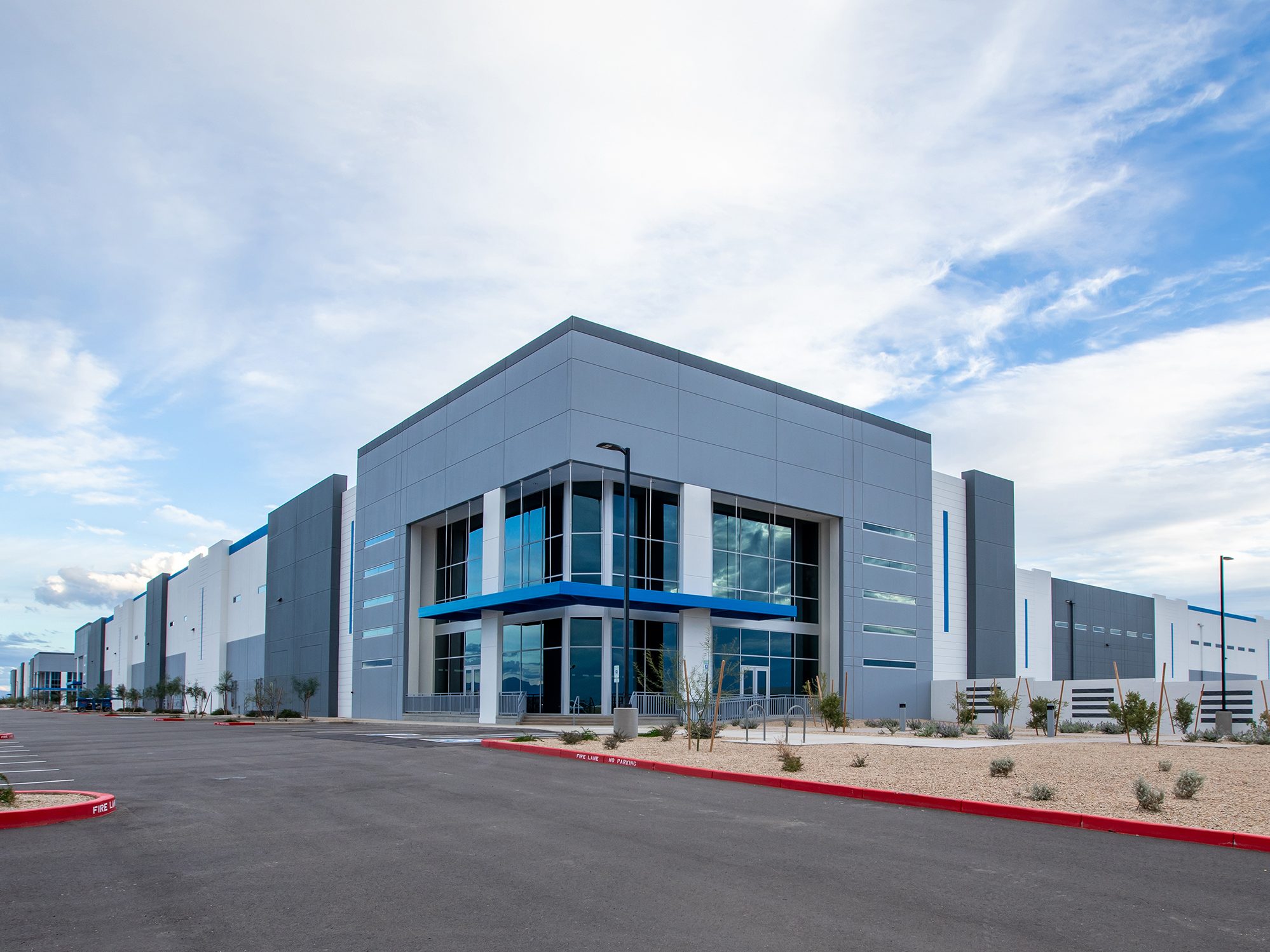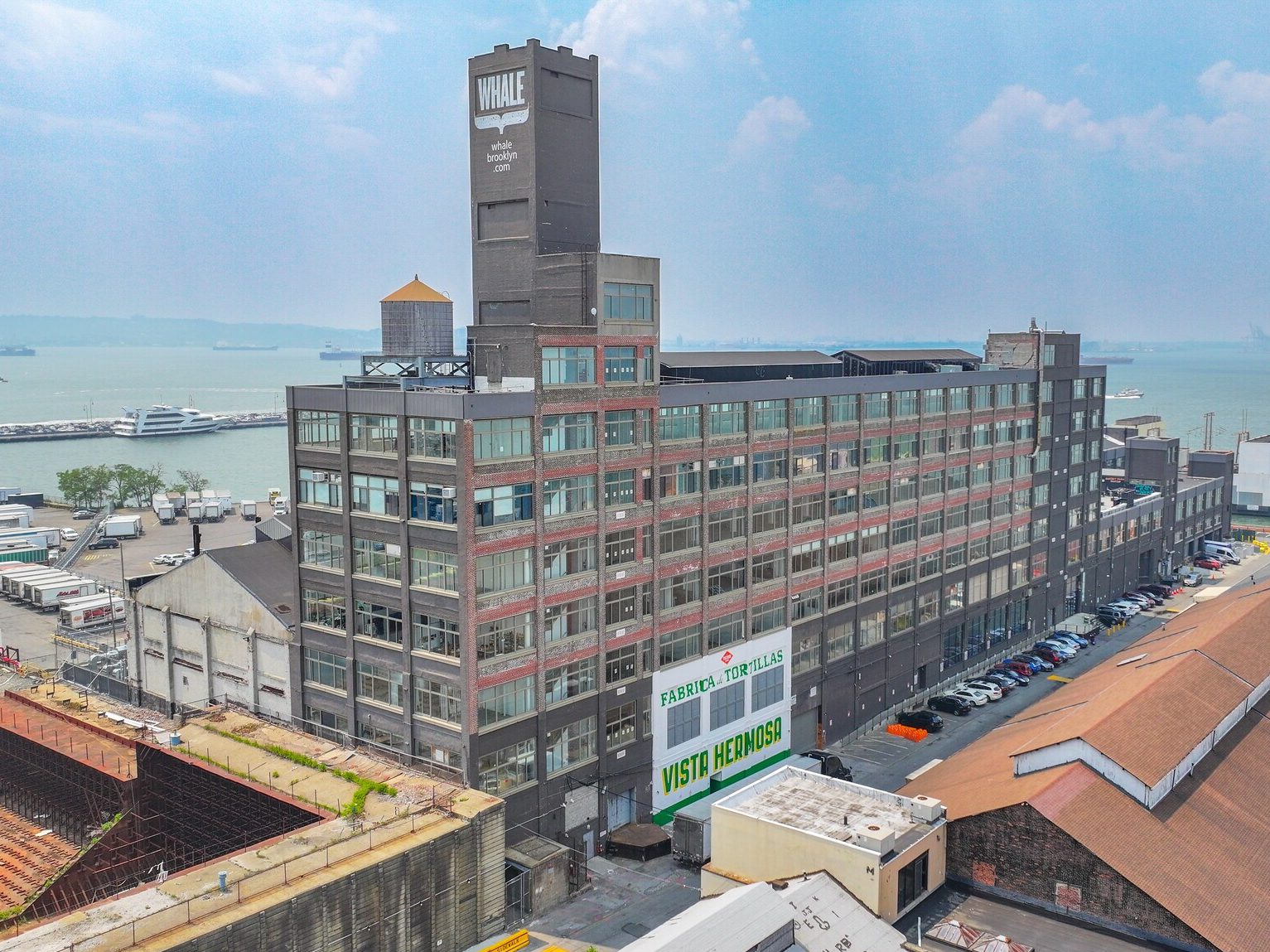Why the $15B STORE Capital Deal Has Changed in Value
Observers suggest that the acquisition by GIC and Oak Street might have happened just in time.
What a difference a few months can make.
When the planned $14 billion acquisition of net lease REIT STORE Capital by GIC and Oak Street was announced in mid-September, we spoke to several expert observers of the net lease market to get their takes on the deal.
For the most part, they expressed surprise, given the environment (even then) of rising interest rates and increasing concerns about the overall economy. Still, they also said they expected to see more privatizations and M&A activity in the net lease sector.
Well, now that the deal has been completed, as of last Friday—at approximately $15 billion—we were able to catch back up with two of those experts from last fall and see whether their views of the market have changed, roughly five months later. Spenser Allaway is a senior analyst with commercial real estate analytics firm Green Street, and Haendel St. Juste is a managing director & analyst with Mizuho Securities USA.
READ ALSO: Why Net Lease Stays Relevant Amid Dislocation
To start, neither see this deal as being a gauge of foreign investor interest in U.S. commercial real estate, in large part because GIC, Singapore’s sovereign wealth fund, has been a steady investor in properties here for at least a decade.
What has shifted is the climate, or maybe the appetite, for huge CRE transactions like this one, along with perhaps a more nuanced appreciation for the specifics of the STORE Capital privatization.

Spenser Allaway, Senior Analyst, Net Lease, Gaming & Self-Storage, Green Street. Image courtesy of Green Street
A key factor underlying the STORE Capital deal, Allaway says, was “GIC and Oak Street’s ability to lever up the REIT and maximize the value creation spread on its external growth platform.”
While costs of debt have increased substantially since the deal was announced, she continued, “the REIT’s AAA master funding notes should still be a source of attractively priced capital to fund growth.”
More broadly, however, Allaway added, the cost of debt for most companies “has increased materially in recent months, which squeezes the potential return on investment. While more deals are possible, increased costs of capital have likely reduced the attractiveness of potential M&A.”
St. Juste points out that given the changes just since last fall, the STORE deal would be priced very differently now, because of the cost of debt, recession risk and other factors. He suggests that we can probably rule out another privatization in the net lease sector for now, though not necessarily a public-public deal.
From a portfolio composition perspective, Allaway says, net lease companies that are more diversified, with smaller office and troubled retail holdings, such as theaters and gyms, are more likely to be M&A targets.
A wider view
The net lease market overall saw “a flood of investment from institutional players in 2021, namely from private equity funds,” Allaway says.
And given the very low rates at the time, she says, “net lease investments were a very attractive place for yield-seeking investors. In particular, highly levered players like private equity shops were able to outbid the net lease REITs on many deals in 2021 and achieve relatively high cash-on-cash returns.”
READ ALSO: Net Lease Cap Rates Increase for 3rd Consecutive Quarter
Looking ahead, Allaway foresees increasing institutional appetite for net lease, “especially as investors continue to seek a yield alternative to fixed income in recent years.”

Haendel St. Juste, Managing Director & Senior Equity Research Analyst, Mizuho Securities USA. Image courtesy of Mizuho Securities USA
“Buyer interest, at least on the private side, is down,” St. Juste says, noting that a lot of private equity players, such as Starwood, KKR, Blackstone and their peers, are more on the sidelines now, in part because they’re seeing redemption requests.
While there’s relatively more investor interest in industrial and multifamily assets, and even in pockets of retail (such as grocery-anchored centers), large deals and M&A are more challenging because it’s harder to access capital.
The timing of last September, when the STORE Capital deal was announced, was “almost ideal” in terms of pricing, he says, but now “There’s kind of a standoff going on,” because of the dislocations in values and cashflows of the past several months.
“Sellers want yesterday’s price. Buyers want today’s price,” is how St. Juste puts it, adding, “It’s almost always the sellers who blink.”
A private REIT, for example, might be under pressure to sell, and so too might a merchant builder.








You must be logged in to post a comment.